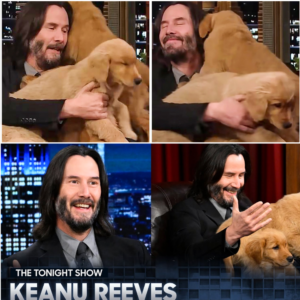Elon Musk Says He Was Wrong: After 9 Years, the Billionaire Finally Owns Up on Self-Driving | The Daily Galaxy –Great Discoveries Channel© Daily Galaxy Ireland
In a move that caught many off guard, Tesla CEO Elon Musk has acknowledged a major shortcoming in the company’s long-touted Full Self-Driving (FSD) technology. After nine years of bold assertions that Tesla vehicles were hardware-ready for autonomy, Musk admitted that those equipped with Hardware 3 will require an upgrade to achieve true self-driving capabilities.
The statement, made during a recent shareholder call, marks a significant reversal for the electric vehicle giant. It also raises difficult questions about transparency, customer expectations, and the evolving reality of autonomous vehicle technology.
Owners Shocked by the Need for Hardware Upgrades
Since 2016, Tesla has sold its vehicles with the claim that they possessed the necessary hardware to support full self-driving features in the near future. This promise helped drive sales of the FSD package, which has cost some U.S. buyers as much as $12,000. But that promise has now been called into question.
During the shareholder call,Musk candidly stated that “we’re going to have to upgrade the Hardware 3 computer for people who bought Full Self-Driving,” describing the transition as “painful and difficult.” The acknowledgment triggered swift backlash from Tesla customers across online forums and social media platforms, many of whom felt misled.
Tesla Will Cover the Costs—but Not Without Consequences
In a bid to calm the backlash, Tesla confirmed it would cover the cost of upgrading affected vehicles from Hardware 3 to the newer Hardware 4. While this move may shield the company from legal challenges and repair some of the trust deficit, it comes with a heavy financial burden at a time when Tesla is already under pressure.
The company is contending with increasing competition, particularly from Chinese electric vehicle manufacturers, as well as shifting market dynamics. Analysts believe the cost of upgrading a significant portion of the fleet could run into hundreds of millions of dollars—especially if customer demand for retrofits is high.
Tesla has previously faced lawsuits for false advertising, including over its transition from Hardware 2 to Hardware 3. At that time, the company also agreed to provide free upgrades to some affected customers, setting a precedent that is now repeating itself.
Years of Delay and a Future Still Uncertain
To many industry observers, this development was not entirely unexpected. Tesla’s journey toward full autonomy has been marred by delays and shifting timelines. Since promising self-driving capabilities in 2016, the company has continually pushed back release dates, while updating its hardware at nearly every stage.
In 2019,Tesla owners with Hardware 2 and 2.5 were told they needed to upgrade to Hardware 3 to stay compatible with the evolving FSD features. Now, the same pattern is unfolding with the leap to Hardware 4. This has led many to wonder whether current Hardware 4 vehicles might also face obsolescence in the near future.
Self-Driving Remains Out of Reach
Despite years of development, real-world testing, and marketing around autonomous driving, Tesla’s Full Self-Driving software is still not ready for public release. The final version remains under development, and no clear timeline has been set for its deployment.
Meanwhile, competitors like Waymo, Cruise, and China’s XPeng continue to make strides in the autonomous space. These companies are already deploying driverless taxis and pilot programs in select cities, applying pressure on Tesla to deliver on its promises or risk falling behind.
Tesla customers who invested early in the FSD package are left in a holding pattern—some still optimistic, others increasingly disillusioned. For now, the reality is that full autonomy remains a future goal, not a present-day feature.
